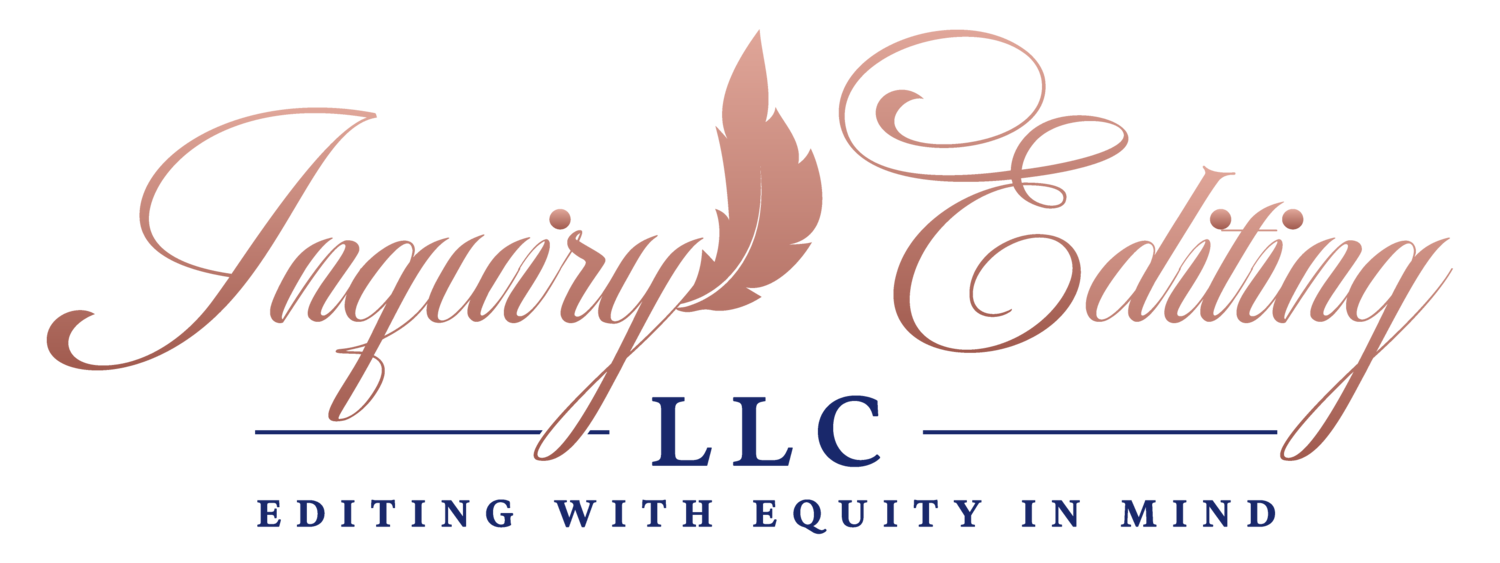History Working in Fiction
I’m not sure if I told you all this, but I set a goal to read 100 books by the end of the year. Of course, this includes the books I read for teaching and it also includes audiobooks. I set this goal so that I could enhance my repertoire for being an editor of fiction. Recently, I read Take My Hand by Dolen Perkins-Valdez, The Inheritance of Orquídea Divina by Zoraída Córdova, The Many Daughters of Afong Moy by Jamie Ford, The Seven Husbands of Evelyn Hugo by Taylor Jenkins Reid, and Wrong Place, Wrong Time by Gillian McAllister. Each of these is beautifully written. Each of these relies on the weight of history to do its work.
Take My Hand follows the flashbacks of a nurse involved in bringing a lawsuit against the federal government for the forced sterilization of minors in Alabama in 1973. The novel fictionalizes the lawsuit and the people involved to think about personal responsibility, complicity, and the difficulty of restitution.
The Inheritance of Orquídea Divina tells the life of a literally magical woman who flees home in Ecuador to settle in Texas. The story begins with her dying (sort of) and the repercussions of a family curse.
The Many Daughters of Afong Moy traces the fictional lives of various generations descended from Afong Moy, the first Chinese woman in the United States. Afong Moy’s experiences are fictionalized in the novel, but each of her descendants carry a set of memories, and habits of mind that one brave descendant attempts to correct.
The Seven Husbands of Evelyn Hugo recounts the life of Latinx movie star Evelyn Hugo through her seven marriages and the one great love of her life. A keen but green journalist is asked to take down her life story, not realizing that the two of them are more connected than she ever realized.
Wrong Place, Wrong Time follows a woman’s journey back in time through her life as she tries to unravel the mystery of her son’s actions in the present. Her truest breakthroughs come not from technology (i.e., “Find my phone” or the bowels of the internet) but rather her knowledge of people, her long experience with them, and the evidence of their actions.
For me, each of these novels was a rapturous adventure, providing characters whose inner lives stuck with me long after I put the book down. Or, as was the case with each of these, turned on another audiobook.
Each time I thought “worst book hangover ever.”
As a developmental editor, I have one large concern for books that traverse many years: the throughline. We talk about this a lot in non-fiction books: what drives the reader forward or how are these examples all connected through the argument? Fiction and long poems need “engines” as well. In these novels, the engine is not time itself but rather the relationship between the past and the present. Even more specifically, the protagonists are driven to understand some aspect of their lives, their behaviors, their relationships, their futures, themselves, or some combination. Those searches will generally – for fiction – be timeless. People consistently need to read stories about others who search and find what they need in themselves and others.
There is another payoff of these authors’ interest in large periods of time. As I always tell my students, each work of art has at least two contexts: the time in which it is completed and the time in which it is experienced. I am currently experiencing these novels in the midst of the pandemic. Each of them suggests that there are two constants – that of human cruelty and hope – while each asks the reader to decide whether to pay the cost of believing someone’s actions over their words.
None of them draw the same conclusions as the others. Wrong Time, Wrong Place (Allister) is on the side of hope whereas The Seven Husbands of Evelyn Hugo (Jenkins Reid) pushes toward cynicism. The Many Daughters of Afong Moy (Ford) depends on the reader’s orientation toward hope, even as it offers hope as part of the ending. Take My Hand (Perkins-Valdez) ends with possibility. The Inheritance of Orquídea Divina (Córdova) suggests that we are forever changed by what we find out.
I think they are all united on one front: one cannot rely on time to be a passive solution to active problems. I certainly believe that to be at least one of the lessons of the pandemic. In a few decades, I may pick up these books again and get something totally different.
This, I think, is the true benefit to writing about a broad swath of time. You can weave different threads of a story together and, depending on the reader, the warp and weft changes to create a different item altogether.
